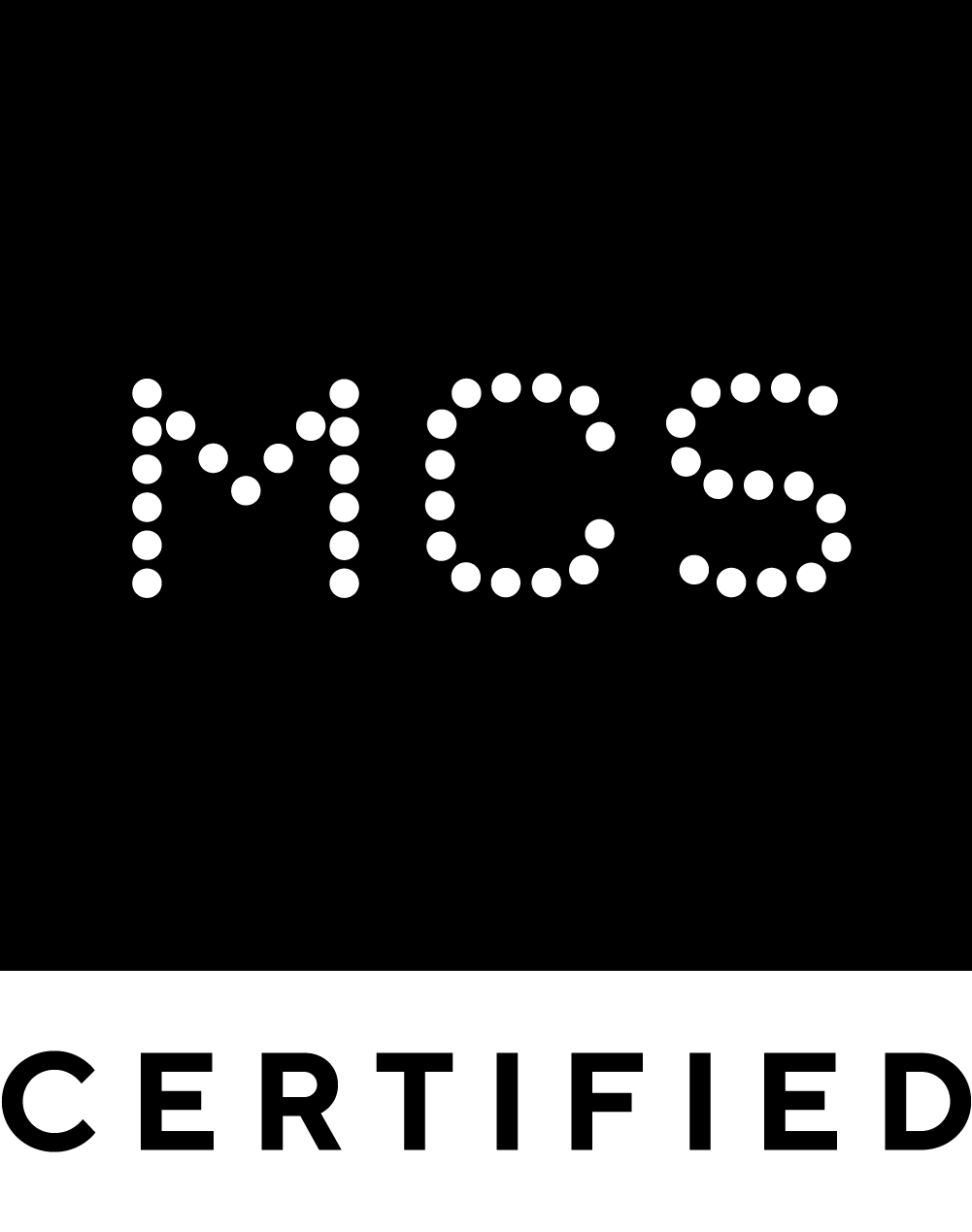It's looking increasingly likely that the domestic air source heat pump market will hit its RHI tariff degression trigger in year one of operation. What will that mean for consumers?
Following the Department for Energy and Climate Change announcements this week about changes to the Renewable Heat Incentive scheme, it has been suggested by industry leaders that the domestic air source heat pump market is likely to hit its tariff degression (or gradual lowering) trigger in its first year.
What is degression?
It is expected that certain renewable technologies will become cheaper as uptake increases (as was certainly the case with Solar PV in the past couple of years). Therefore the level of incentive to encourage uptake of those technologies should naturally come down. Importantly, this mechanism enables government to manage the annual Renewable Heat Incentive (RHI) budget, which is finite and cannot be exceeded, and is funded by us all, as taxpayers.
Unlike the tariff degression trigger for the Feed-in tariffs, which are triggered at pre-published dates, the tariff degression trigger for the RHI is going to dictated by the deployment levels for each technology - with the most popular technologies hitting their degression trigger soonest.
In essence this means the current, generous tariffs will be reduced for new applicants, at a time determined by the uptake of, and expenditure on, that technology.
The proposed approach to degression triggers for RHI was set out in the government's February 2013 response to the July 2012 consultation. We have summarised their response below:
- There will be a degression trigger for each tariff band and for the RHI as a whole
- The trigger for degression in each tariff band will be set at 150% of the expected spend levels for that technology
- There will be no degression for any tariffs if overall spend is less than 50% of the total RHI trigger
- Once an individual tariff trigger is hit, the tariff will be reduced by 5%, with provision for subsequent reductions of 10 and 20% if expenditure levels are not falling back after the initial reduction
- If the trigger for the RHI as a whole is hit, all tariffs will be reduced by 5%
- Assessments of whether triggers have been hit will be made quarterly, with one month's notice being given of any changes
In summary, to ensure they benefit from the more generous 'introductory' tariffs, consumers should act sooner rather than later.
If you want to explore if a renewable energy heating solution is right for your home or business, and which is the right trechnology for you, contact us at Yorkshire Heat Pumps for a 'no obligation' initial assessment for which there is no charge.
You can READ MORE on RHI tariff degression triggers on the DECC website.






 Unit 3a & 3b | Follifoot Ridge Business Park | Pannal Road | Harrogate | N. Yorks | HG3 1DP
Unit 3a & 3b | Follifoot Ridge Business Park | Pannal Road | Harrogate | N. Yorks | HG3 1DP
Comments (0)
Add a Comment